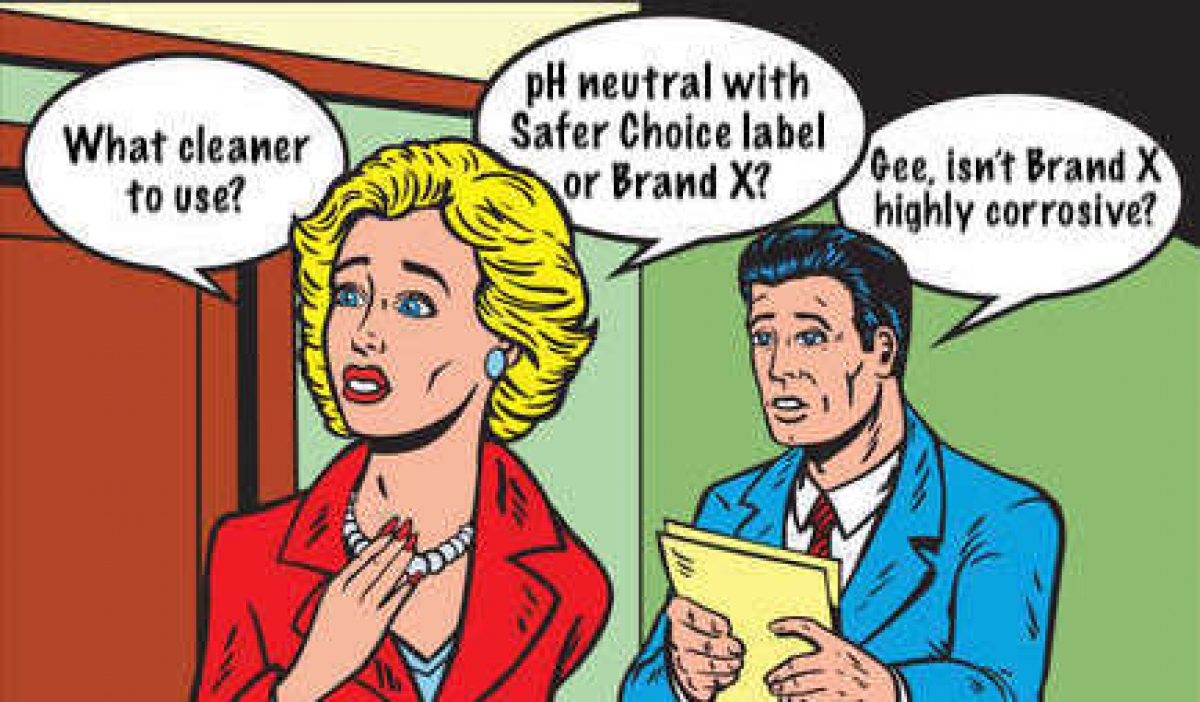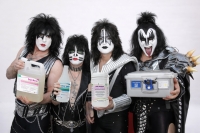Selecting Cleaning Chemistries for Medical Device Reprocessing: A Conundrum
Daytime TV serials are often called “soap operas”...
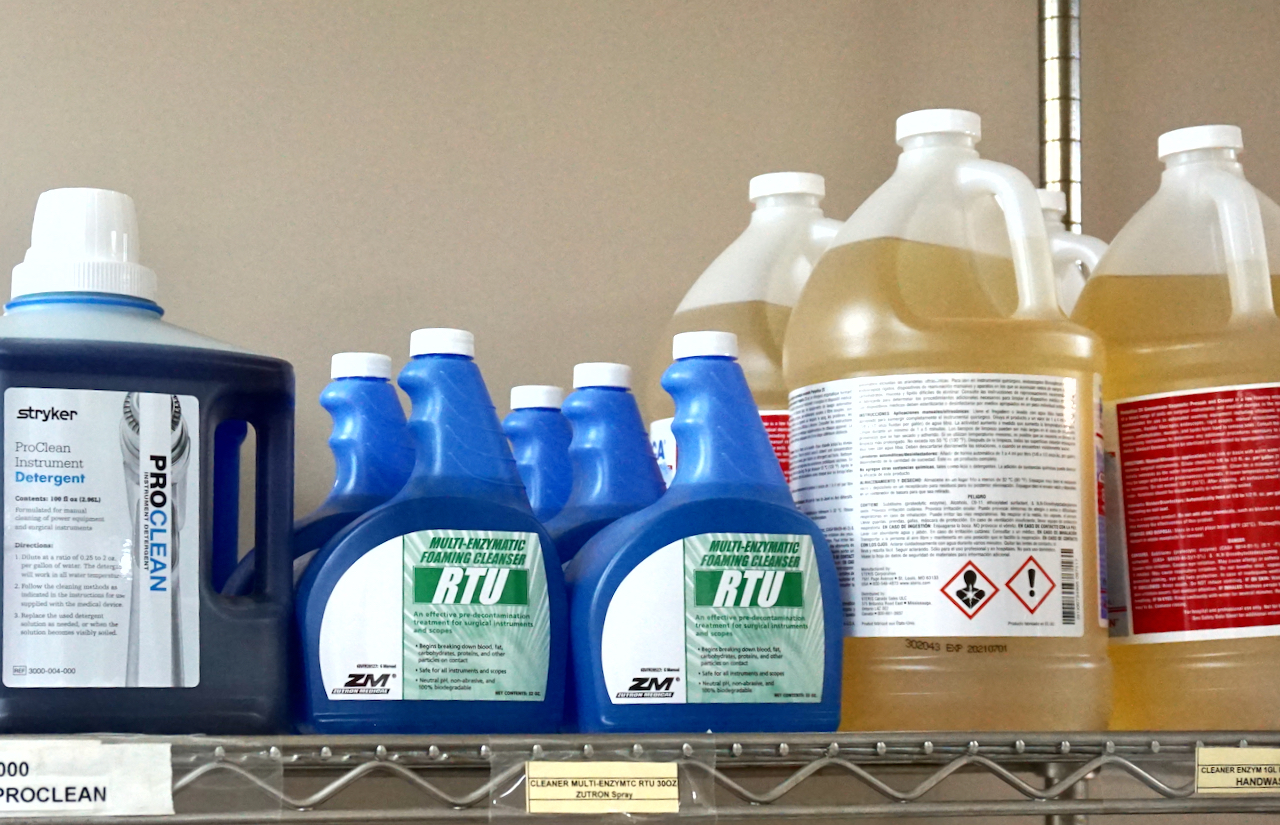
Cleaning surgical devices is more of an art than a science...

Alkaline Detergents Can Cause Corrosion
Cleaning is considered the most important decontamination step before sterilization or disinfection can occur
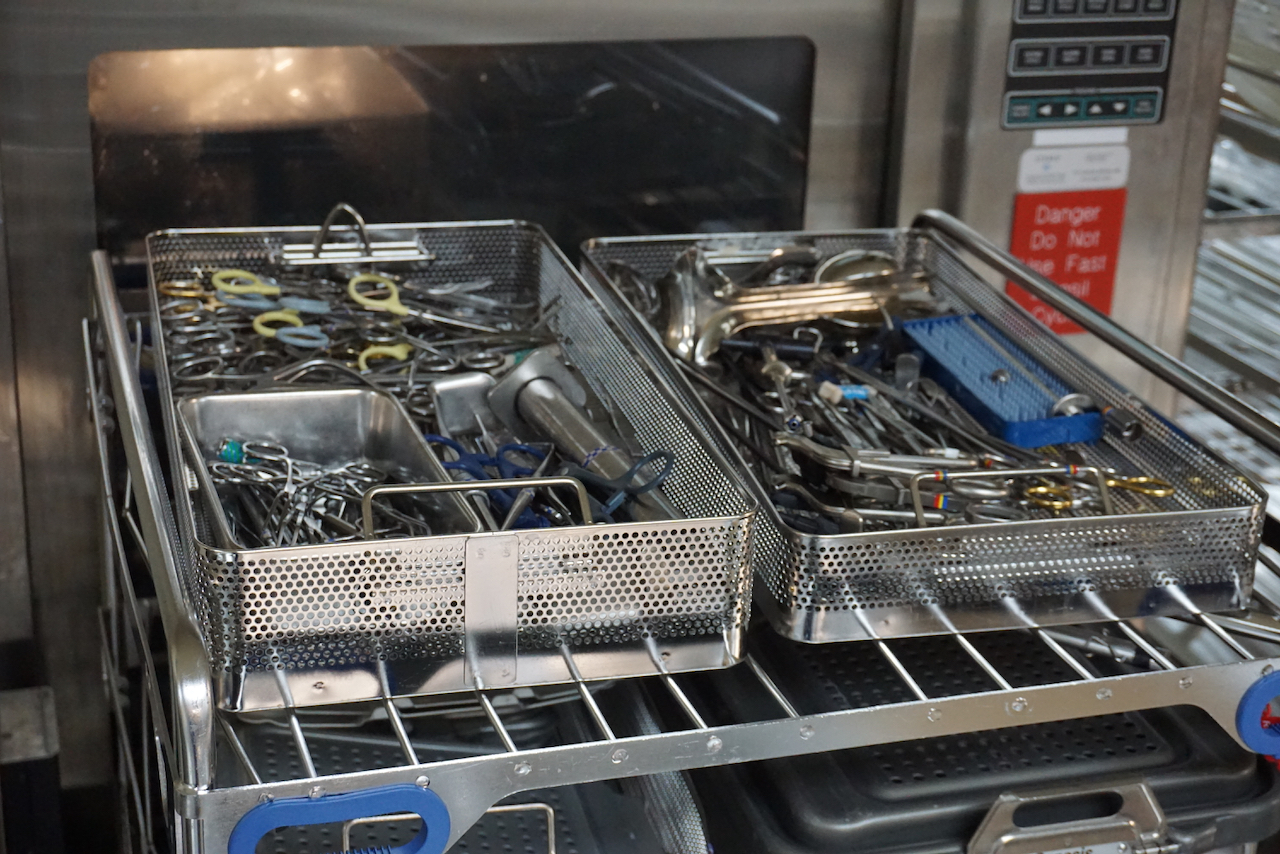
Case Medical is proud to display the U.S. EPA Safer Choice label on its instrument chemistries
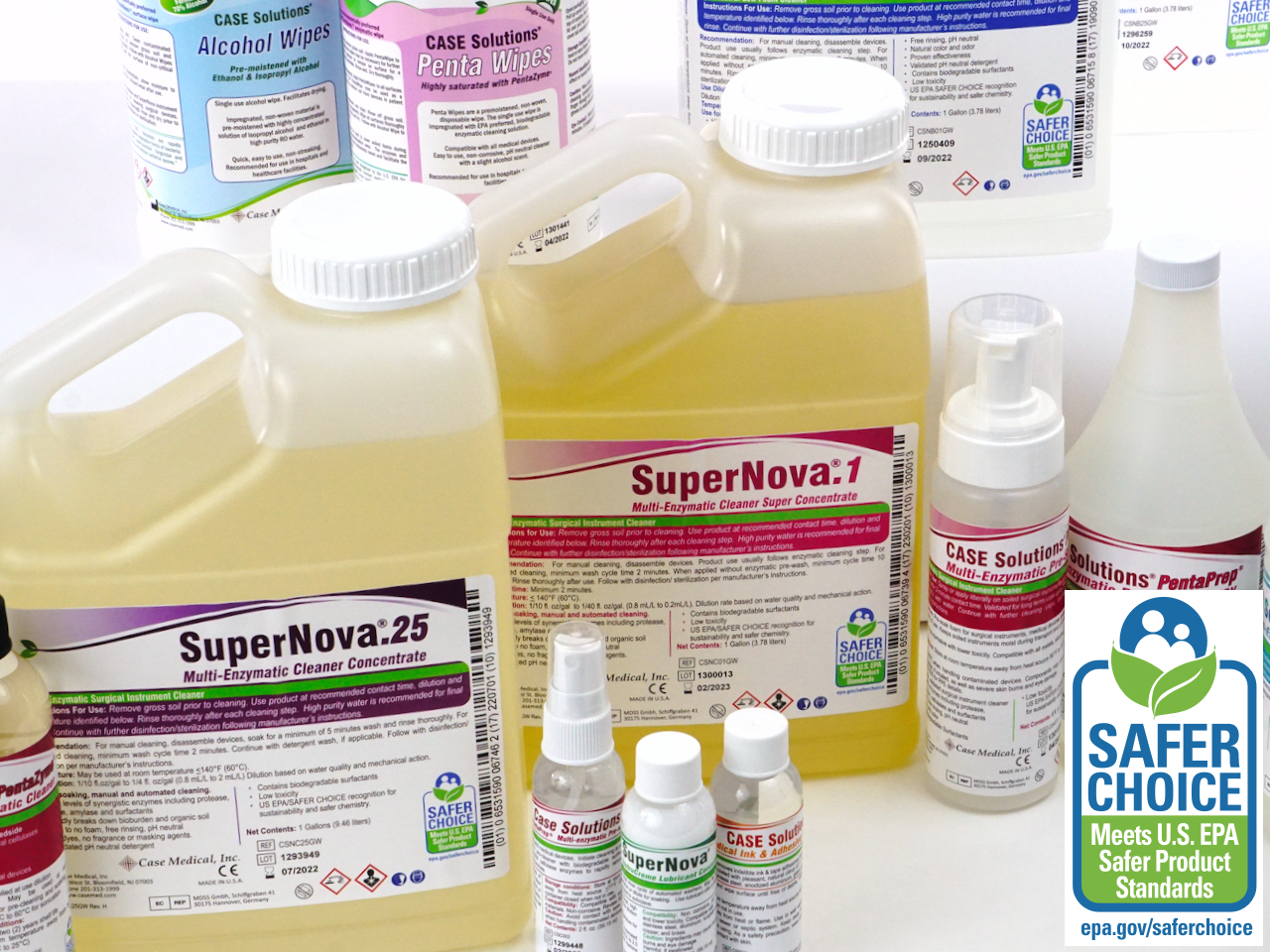
Few detergent manufacturers independently validate their products for safety, sustainability, and effectiveness. It is not required. What is currently done is on a voluntary basis. Cleaners are most effective when they are properly formulated and tested scientifically for their intended use.
Case Medical is proud to display the U.S. EPA Safer Choice label on its cleaning products, and instrument lubricant. Case Medical has partnered with the EPA, since 2011 in support of their sustainability initiatives and meets EPA's yearly product review requirements. The U.S. EPA Safer Choice label is your guarantee that only the safest, most effective, and least harmful ingredients are used to formulate Case Medical’s instrument cleaning solutions.
Since soap operas are serialized, tune in for the next episode
Then, join us in February for a virtual event on sustainable instrument cleaning with industry and healthcare experts committed to best practices and safer chemical usage.

Visit us at www.casemed.com to learn more about our products and how they can help your facility lighten its impact on the environment for the good of us all.
Marcia Frieze and the Case Medical team


